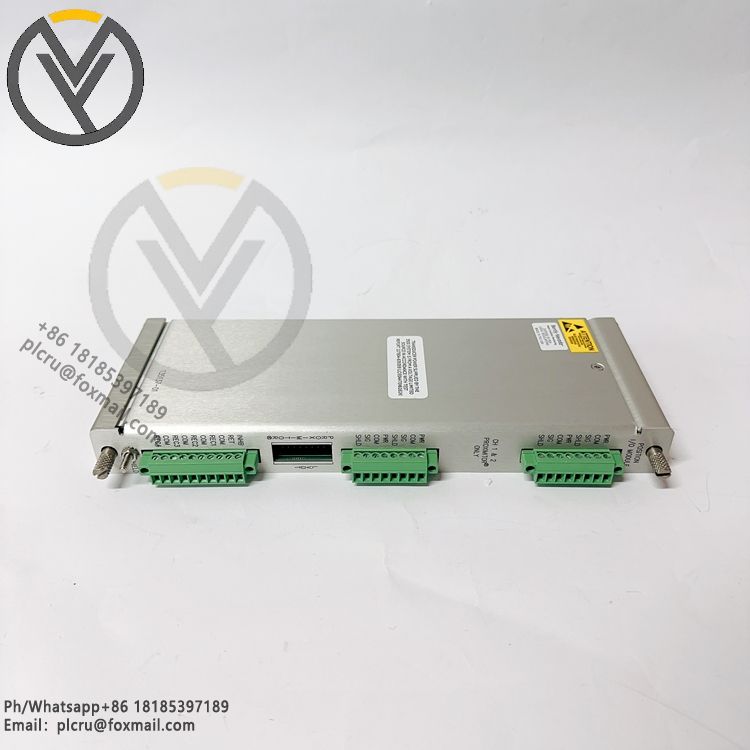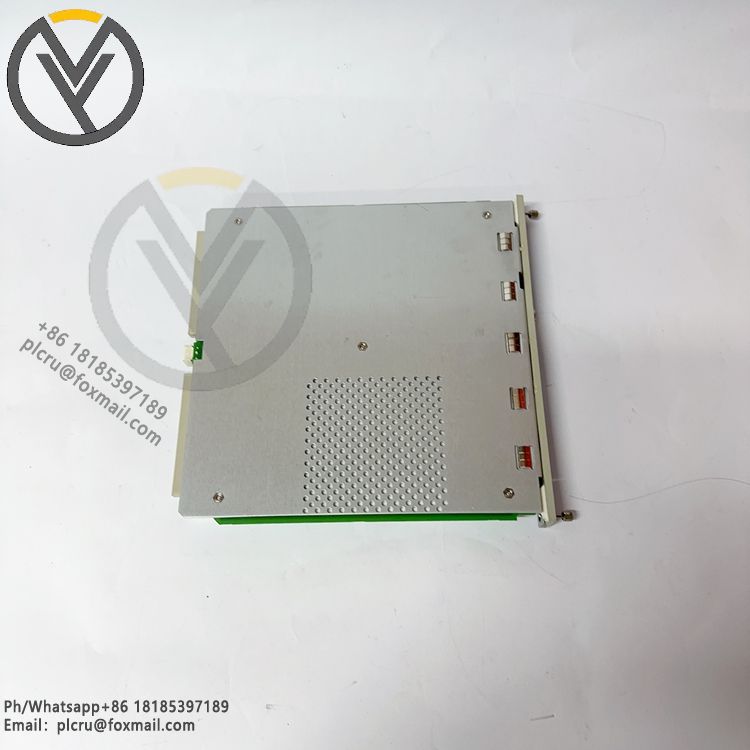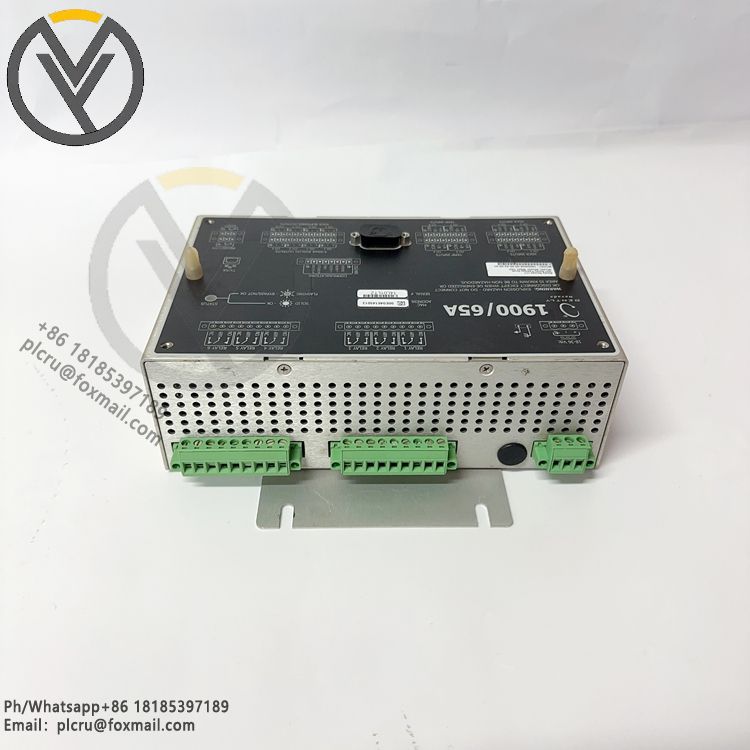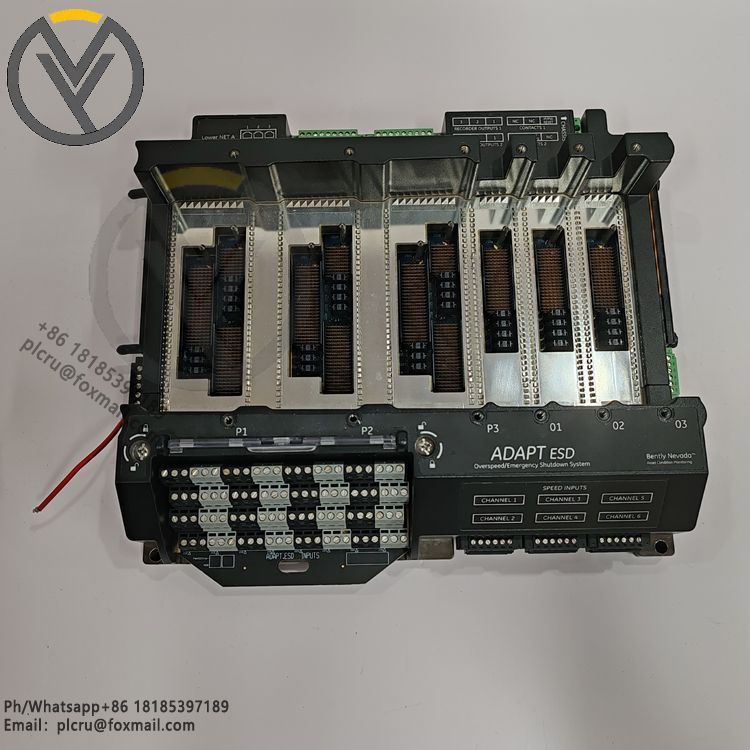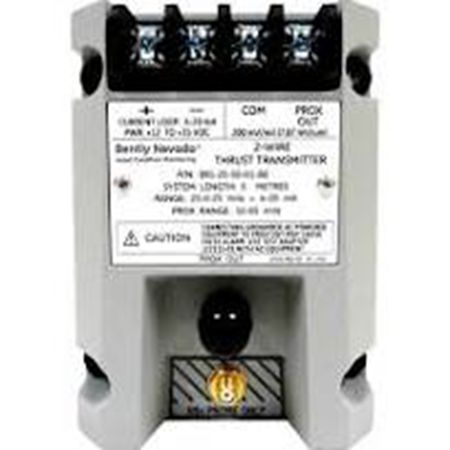
330100-50-00 | Bently Nevada Proximitor Sensor
Delivery time 3 days
Product origin New/used
Email plcru@foxmail.com
Mobile/wechat /WhatsApp +86 18185397189
Bently Nevada 330100-50-00 Proximitor Sensor AnalysisBasic Information and Posit
Bently Nevada 330100-50-00 Proximitor Sensor Analysis
Basic Information and Positioning
330100-50-00 is a classic eddy current proximity sensor under Bently Nevada. It is a core component of the 3300 series monitoring system. It is mainly used to measure the shaft displacement, vibration, speed and other parameters of rotating equipment, and provide key data for equipment status monitoring and fault diagnosis.
Functional Features
Measurement Principle
Based on the eddy current effect, the gap change between the sensor probe and the measured metal surface (such as the shaft) is converted into a proportional voltage signal (usually -24V DC power supply, output -9V to -18V DC gap voltage), realizing non-contact high-precision measurement.
Sensitive to metal materials (such as steel, aluminum, etc.), not affected by environmental factors such as oil, dust, etc., suitable for complex working conditions in industrial sites.
Core Function
Shaft displacement monitoring: Real-time measurement of the axial position of the shaft relative to the bearing seat to determine the wear of the thrust bearing.
Radial vibration monitoring: With dual-channel configuration, the radial vibration amplitude and phase of the shaft are measured to identify imbalance and misalignment faults.
Speed measurement: Triggered by the keyway or gear on the shaft, the speed pulse signal (such as 1 pulse per revolution) is output.
Performance advantages
Wide linear range: The typical linear range is 0.25mm to 1.5mm (10mil to 60mil), which meets the monitoring needs of most rotating equipment.
Fast response speed: The frequency response can reach 0 to 10kHz, which is suitable for high-speed rotating machinery (such as turbines and compressors).
Strong anti-interference ability: Built-in shielding design reduces the influence of electromagnetic interference (EMI) and radio frequency interference (RFI).




